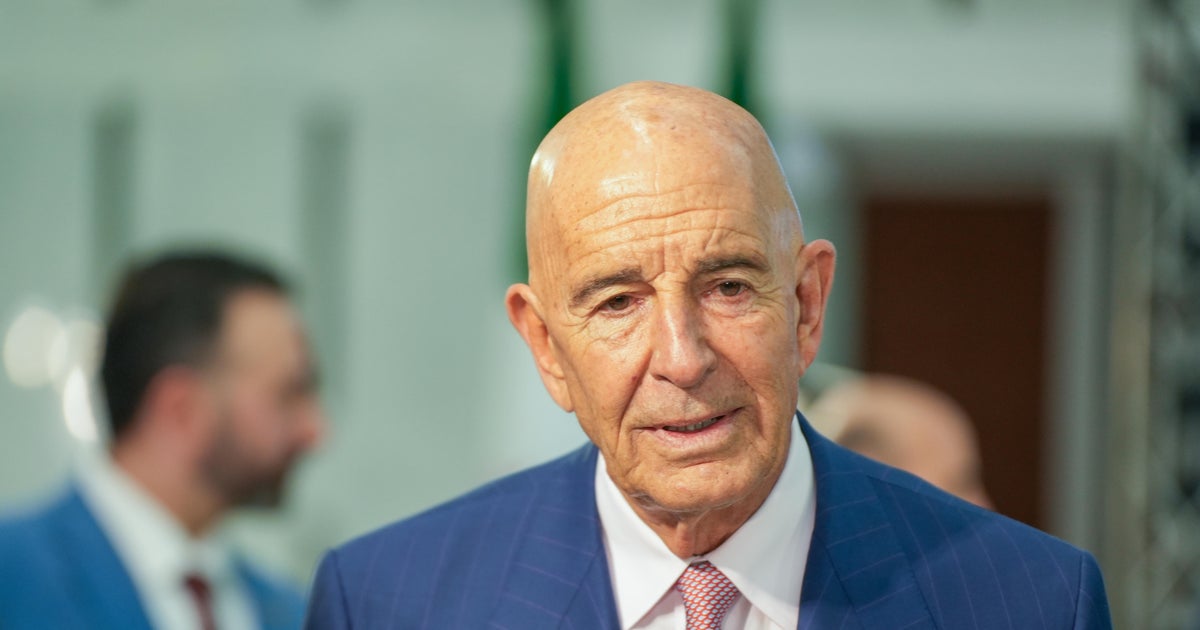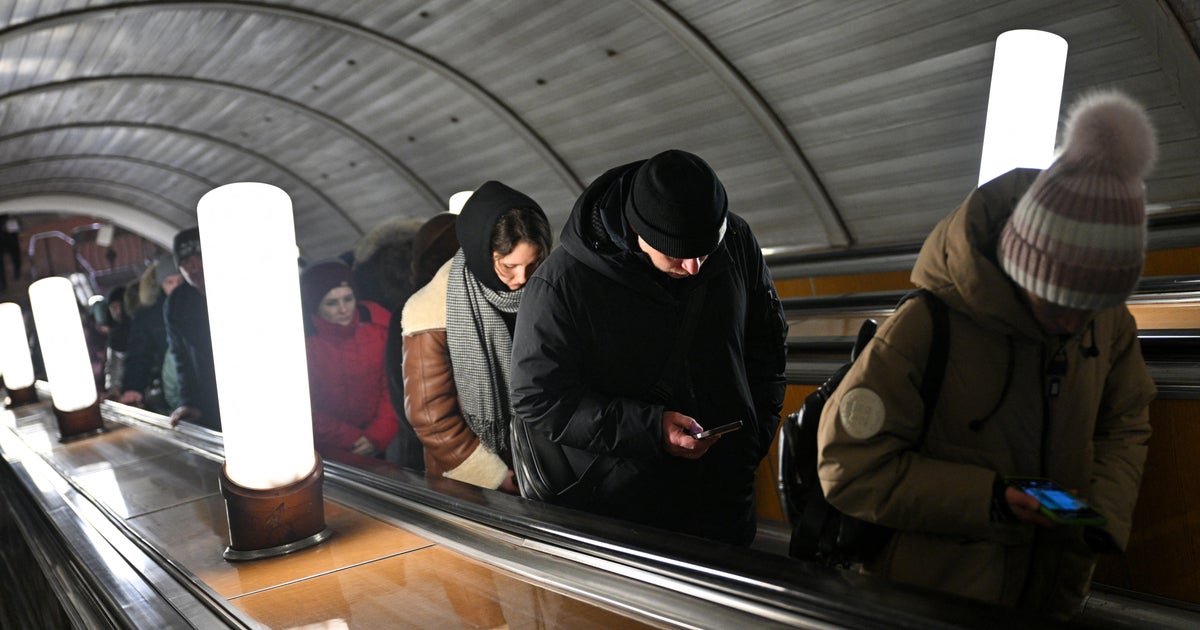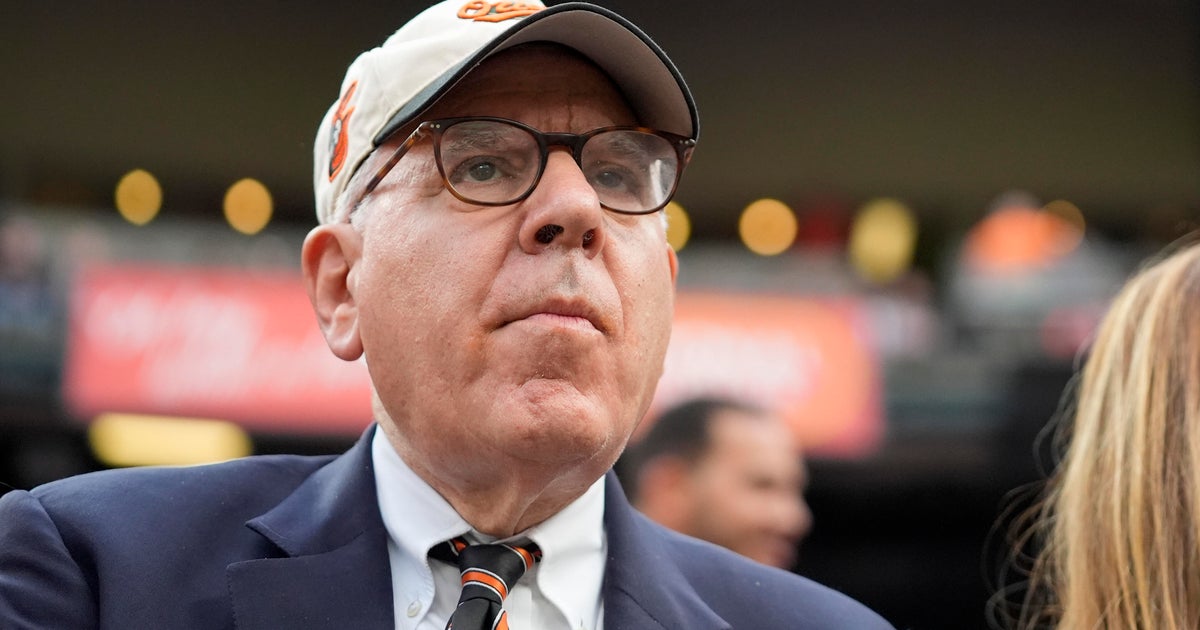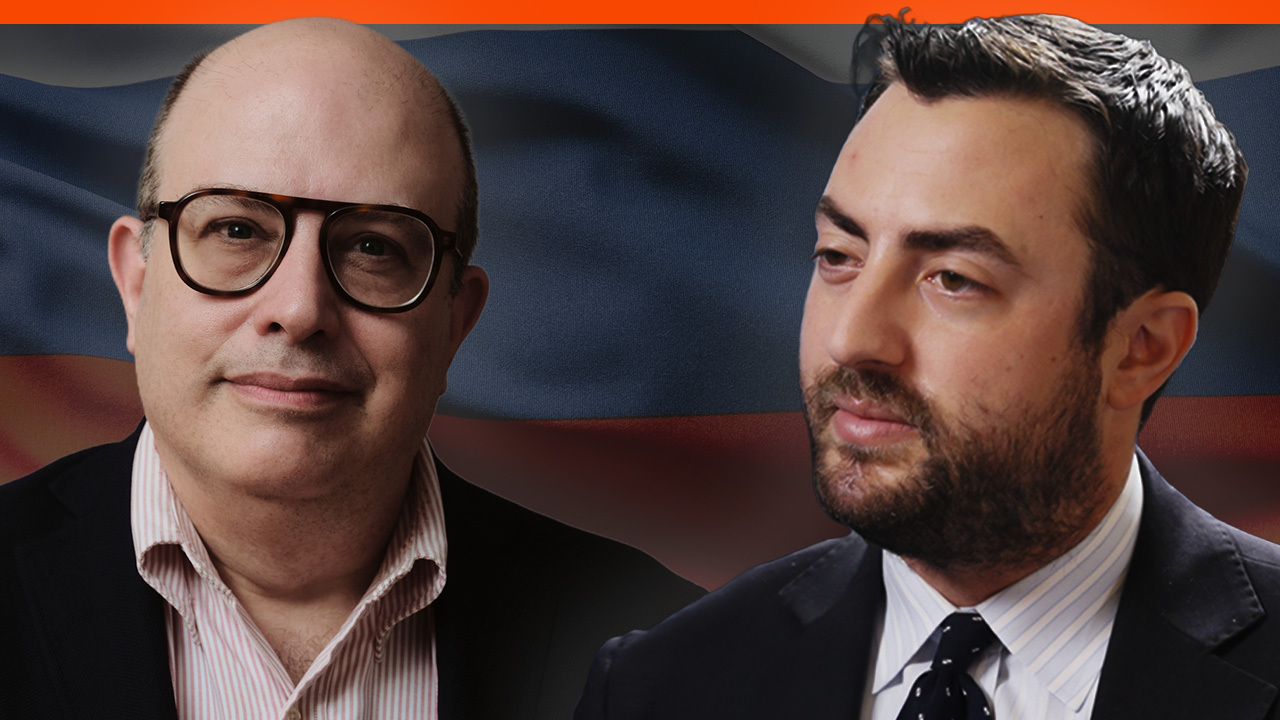Transcript: John Podesta on "Face the Nation," Feb. 18, 2018
Few people know the consequences of Russia's meddling in the 2016 as personally as John Podesta. In October 2016, Wikileaks began publishing a trove of emails from Podesta's personal email account, detailing the inner workings of the Clinton campaign, which he chaired. The emails were stolen by hackers operating at the direction of the Kremlin, and the daily release of thousands of new messages led to a deluge of negative stories for the Clinton campaign in the weeks leading up to the election.
On Friday, special counsel Robert Mueller handed down indictments of 13 Russian nationals for waging an "information warfare" campaign to sow discord among the American electorate in the 2016 campaign. While not addressing the Podesta hack, the indictment details a sophisticated propaganda effort by a group with close ties to the Kremlin, one prong of what the U.S. intelligence community believes was a multifaceted "active measures" campaign by the Russians.
We spoke to Podesta about the indictments, Russian meddling and what effect the Russians' efforts had on the outcome of the 2016 campaign.
The following is a transcript of the interview with Podesta that aired Sunday, Feb. 18, 2018, on "Face the Nation."
NANCY CORDES: Welcome back to "Face the Nation." I'm Nancy Cordes. Our next guest, John Podesta, was the chairman of Hillary Clinton's 2016 campaign. His private emails were hacked and released publicly by Russian-backed entities during the campaign. Mr. Podesta, thank you so much for being with us.
JOHN PODESTA: Nice to be back, Nancy.
NANCY CORDES: For anyone who voted for Hillary Clinton, these new indictments mean what?
JOHN PODESTA: Well, look, it's a tragedy for the American people, really. As Mr. Mueller said in his indictment, this was an act of information warfare against the United States, against our democracy. So I think it's, obviously, disappointing to those of us who were on the receiving end of these Russian active measures, but I think the real victims here are the American people because there, there was direct interference with our democratic institutions.
NANCY CORDES: The deputy attorney general was very careful on Friday to say that we don't know whether or not this operation swayed the election. You've had a lot time think about this, where do you come down on that issue?
JOHN PODESTA: Well, look, this was one part of a, of a complex, active interference in the measures. This didn't even deal with the hacking, this was only about what was going on in the social media and the, and the information campaign that was being done there, but there were 80 people, millions of dollars spent. And as one of your previous guests, Senator Coons noted, we won the popular vote by three million votes. They were pushing votes, just to give one example, to Jill Stein. Her vote in Michigan, in Pennsylvania, and Wisconsin was greater than the gap between Donald Trump and Hillary Clinton in those states. So you can't prove that it did affect the outcome, but it certainly seems likely that it had some impact.
NANCY CORDES: But it does beg the question, how is it that these Russian operatives knew to focus on purple states like Michigan and Wisconsin, and your campaign didn't?
JOHN PODESTA: Well, of course, we spent a lot of time, energy, and effort in all those states.
NANCY CORDES: Hillary Clinton, herself, did not spend much time in those states.
JOHN PODESTA: We, you know, we had -- Tim Kaine was there, Barack Obama was in -- and she spent enormous time in Pennsylvania and Michigan.
NANCY CORDES: Sure.
JOHN PODESTA: And we spent a lot of effort. We had more staff in Wisconsin than even President Obama had in 2012. But, but I think that begs the question, I think we, we focused on the places we thought were that were you know in contest, and at the end of the day, we fell short in those states. And I think that this active measures effort by the Russians could have tilted the election in, in Donald Trump's favor. But I think what the real issue is, is how he's reacted to that. And in that context, if we're - if this is information warfare, then I think he's the first draft-dodger in the war. I mean, he has done nothing but tried to undermine the Mueller investigation, he hasn't implemented the sanctions that he -- was passed by the congress and that he signed in reaction to the, to the activities in the 2016 election. We learned this week, he's ordered no effort to try to get the intelligence community to get together to try to prevent further activities in the 2018 election.
NANCY CORDES: Why do you think that is? Do you think it's because to do so would be to admit that somehow the Russians might have influenced this election?
JOHN PODESTA: Well, you know, I think that Mr. Trump's psyche is complicated and people have said a lot, a lot about it, but he certainly can't accept that this activity may have helped him, and I think he just constantly tries to move the ball away, including what was, I think, really a despicable tweet about the fact that he's blaming the FBI for investigating the Russia investigation and somehow relating that to the tragic killings in Florida. But you know who knows with Mr. Trump? But he clearly, I think, has failed in carrying out his duty as president of the United States, which is to protect our democracy.
NANCY CORDES: Midterm elections are coming up, and it's been reported that Democrats are telling your former boss, Bill Clinton, that in light of the Me Too movement, they, they think he should sit it out, he should be benched, and they're not looking for him to actively campaign for them. Is that true? And do you think that that's the right call?
JOHN PODESTA: Look, I think he remains, I think, a figure who is popular with a lot of Democrats across the country. And I think that people are calling him, candidates are calling him and asking for advice. But whether he's going to be an active participant, I think that's not you know really on the top of his mind right now. I think he's doing other things, and, and people make their own judgments about whether he can be helpful in the campaign.
NANCY CORDES: Do you think it's a good idea, very quickly, for him to sit it out?
JOHN PODESTA: Well, you know, look, I think that, that if I was advising a campaign and a candidate about what to do, I would, I would sort of judge whether he can be helpful. And I think some places he can be, and probably some places he's more of a lightning rod.
NANCY CORDES: All right, John Podesta, thank you so much. Campaign chairman for Hillary Clinton. And we'll be right back with our panel of Republicans who are leaving the House and Senate.



